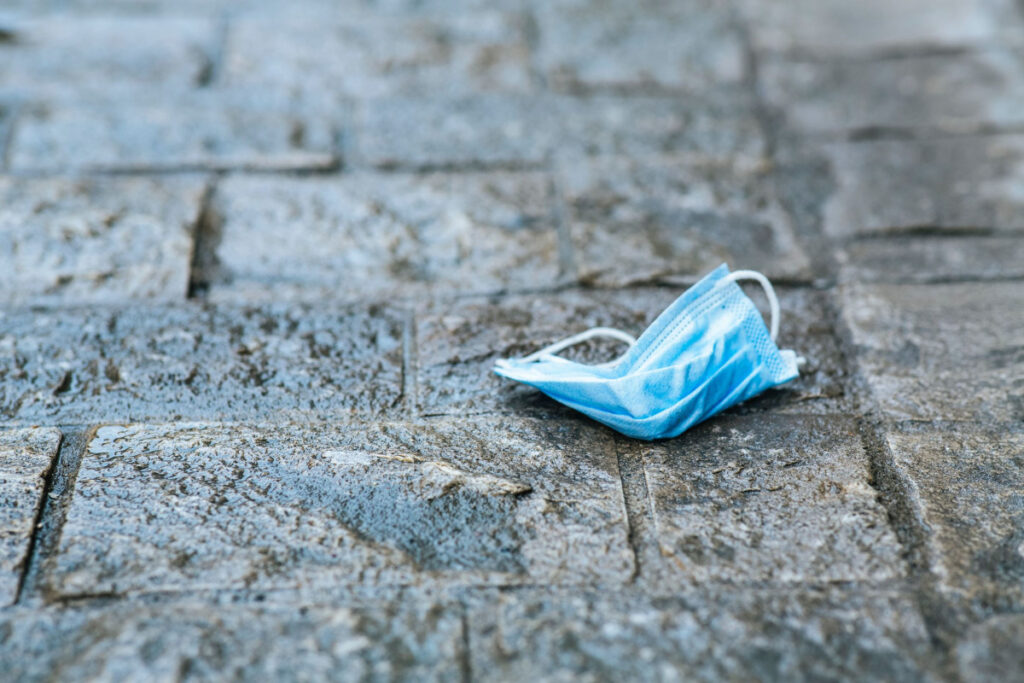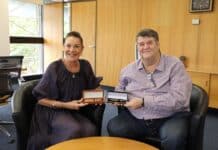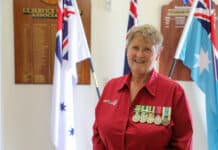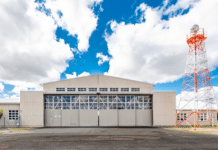
The nation's biggest clean up event will be underway in March, with residents of the Bundaberg Region being urged to take part to help unmask Australia's litter problem.
Clean Up Australia Day will be held on Sunday, 6 March and this year a nationwide citizen science project has been launched to measure the extent of Australia’s face mask litter.
In 2020, more than three billion single-use masks were thrown out across the globe every day, contributing to a significant portion of pandemic-related litter entering the environment.
However, locally, the extent of this problem remains unclear.
That’s why on Clean Up Australia Day volunteers will unmask the impact of the problem by tallying the number of face masks collected and removed from the environment.
Clean Up Australia Chair Pip Kiernan said there was no doubt the amount of plastic waste had been surging because of the pandemic.
However, at present she said there was no data to confirm the number of face masks in the environment.
“We can’t cover up the problem – now is the time to act. Our environmental issues have not gone away because of COVID, rather, they have escalated because of the mountain of rubbish we’ve created,” Ms Kiernan said.
All registered volunteers for Clean Up Australia Day can join the citizen science project.
Registration means participants are covered by Clean Up Australia's public liability insurance and all community and school groups receive free gloves and bags (businesses are asked to pay a small fee to cover costs).
Concerningly, plastics in disposable masks can take up to 450 years to break down and researchers have warned that littered single-use masks could be releasing chemical pollutants and nano-plastics into the environment.
“Over the past two years there have been disturbing cases of seabirds and wildlife found tangled up in carelessly discarded single-use face masks,” Ms Kiernan said
“We implore you not to litter your mask.”
She added that the next generation of PPE equipment needed to be designed to not only be safe but to also have the lowest environmental footprint possible.
“Urgency is required to be more creative in the design of these products with the environment right up there in our thinking,” Ms Kiernan said.
“This concept of product stewardship – when we design a product and consider what happens to it at the end of its life – needs to be addressed at the outset. We need innovation in the design of PPE so that it’s as safe as it can be but kinder on the environment.”
Residents can register now at cleanup.org.au to get involved on Sunday 6 March.
Participants will be provided with online access to record the number of masks they collect on a national database.
Clean Up Australia Day will be held on Sunday, 6 March.
Schools Clean Up Day will be held on Friday, 4 March and Business Clean Up Day is on Tuesday, 1 March.
Bundaberg Regional Council can assist with the disposal of Clean Up Australia Day rubbish
and can supply a limited number of bags and gloves.
For more information phone Council’s Waste and Recycling services on 1300 883 699 by Friday, 25 February.








I regularly pick up other people’s rubbish so it does not get washed into the rivers and oceans and end up in the stomach of a turtle, whale or other sea animal.
I believe most people do not really care very much about their impact on the environment and they very rarely stop and think about their actions. Sadly it will only become important to them when our ecological systems start breaking down. We are already seeing this breakdown but it is not serious enough as yet to get our governments, local authorities and communities to spring into action.
I use the same reusable insulated coffee cup and water bottle for the last 5 years. In that time I have not bought and used any single use cups or water bottles. People just need to care if they want to make a real difference. As an aside, even on planes, I use the same 2 items and never have a problem with the air crew filling them.